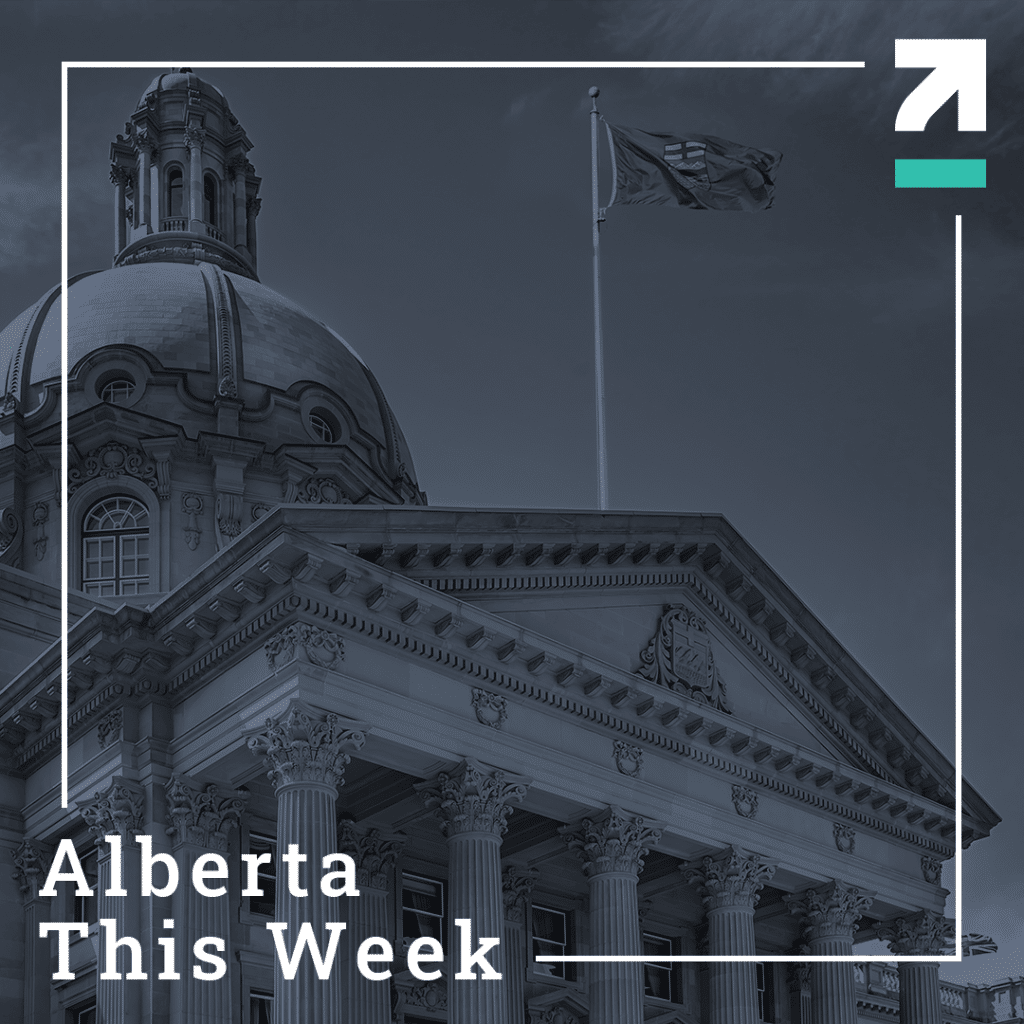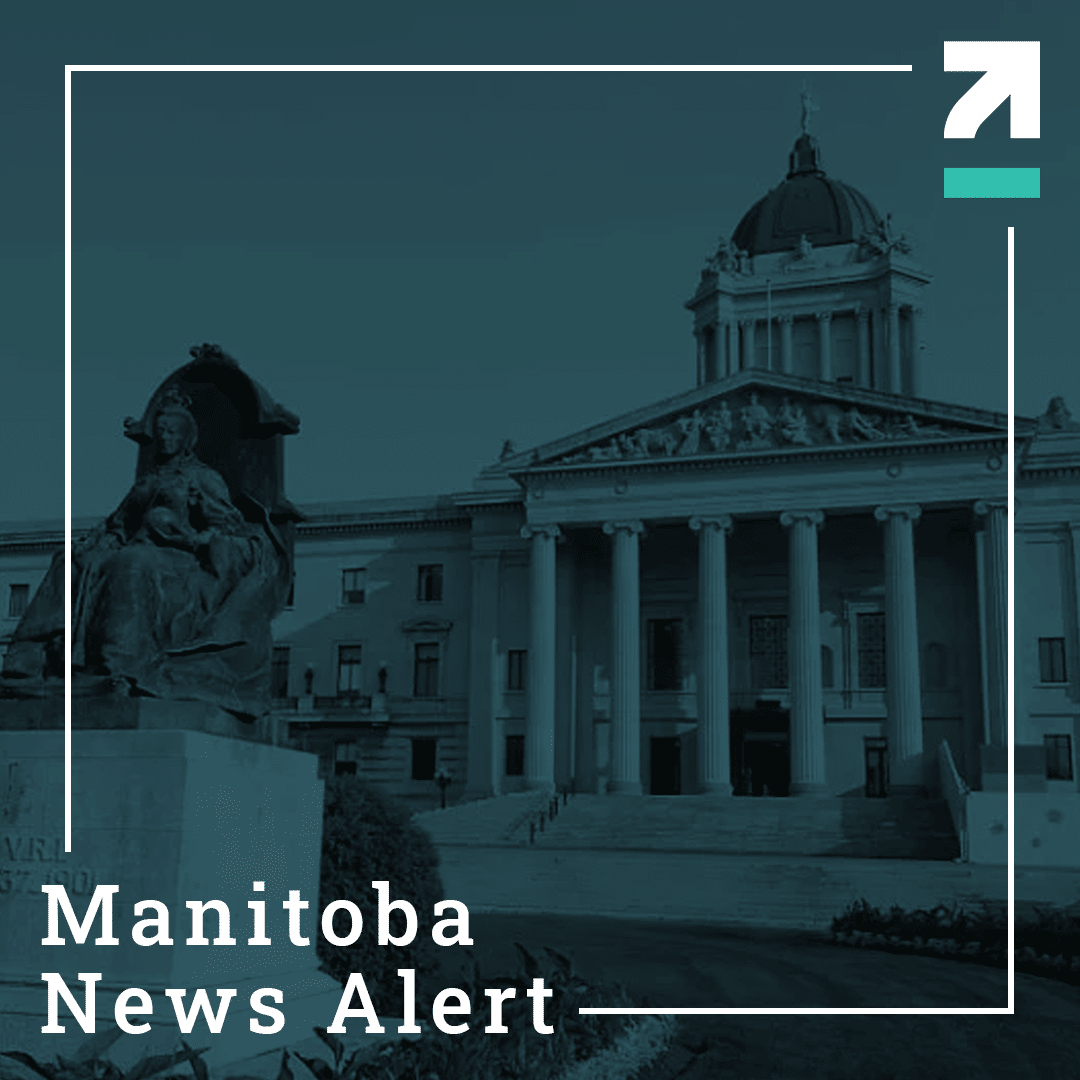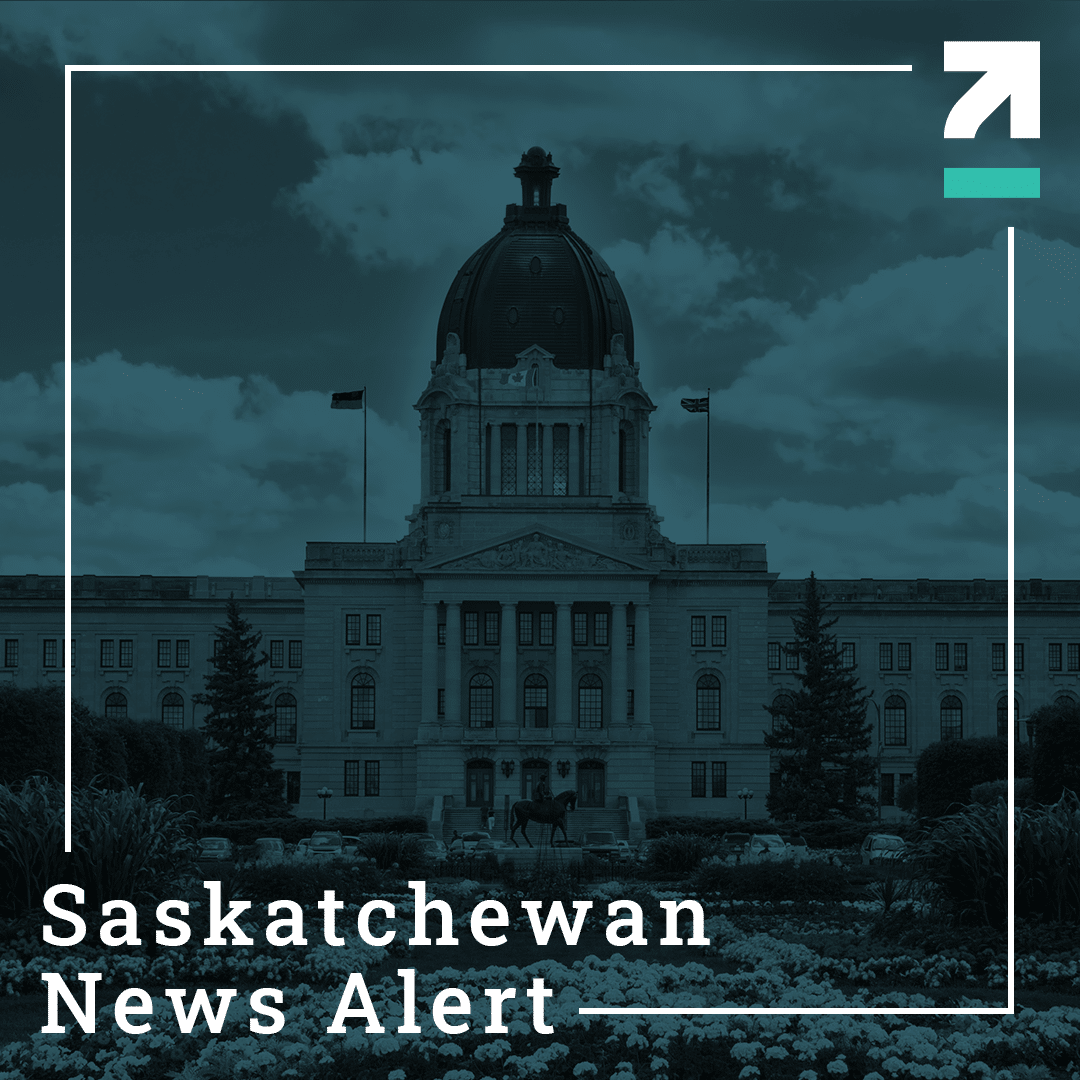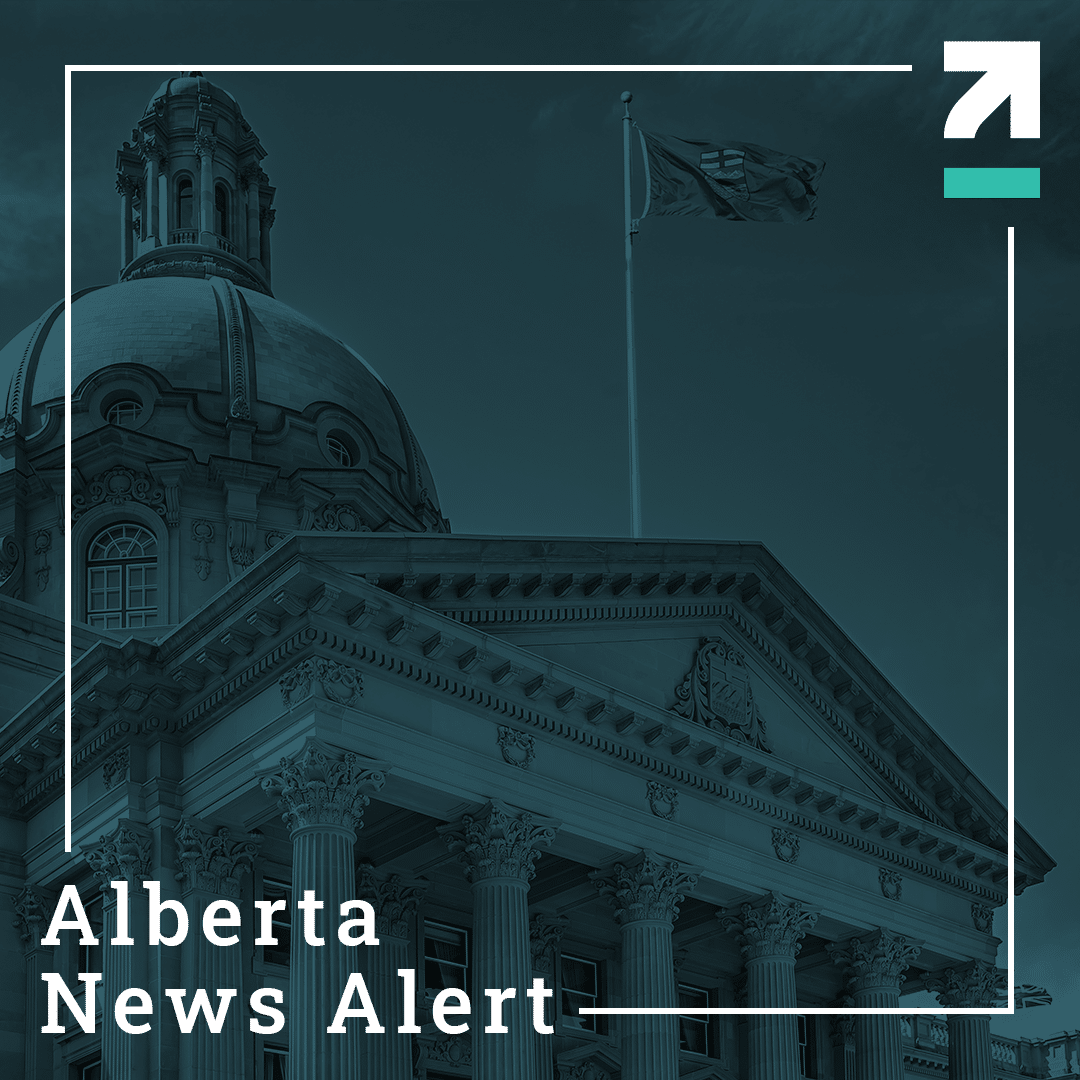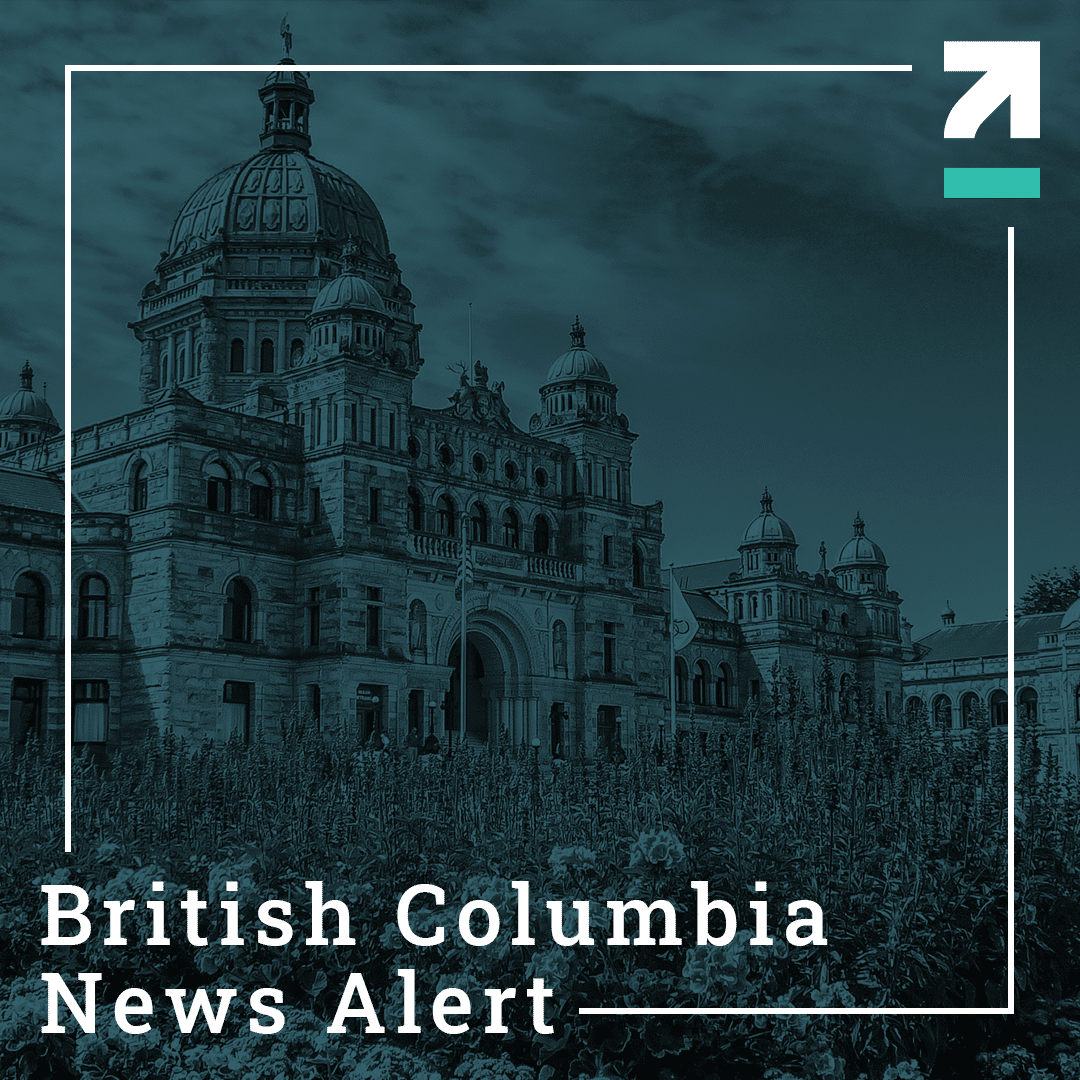What to Expect
On Thursday evening, the UCP will announce the results of its leadership election and Albertans will learn who their next Premier will be. While media has speculated that Danielle Smith is likely to win, a member-only preferential ballot can be unpredictable (to learn how a preferential ballot works, click here). Several past conservative leadership races have yielded a surprise result.
Most media are expected to cover the results live, but the UCP website will have a livestream. The program will begin at 5:30pm.
The winner will become Premier-designate and will be sworn in as Premier at a date of their choosing, which is usually a week to 10 days after the results are known. It’s on that day Premier Kenney will officially resign. While Cabinet is usually sworn in at the same time, a Premier has been sworn in the day before their Cabinet in the past. Again, that is a choice of the incoming Premier.
What we will see in the days immediately following the vote is an announcement of a transition team, Chief of Staff, and other key leadership positions. All this could happen as early as this Friday. The transition team will work with the new Premier and key civil servants to make any changes to government structure, vet and suggest Cabinet members, and fill key staff positions. It will also coordinate the initial focus of ministers and likely help draft mandate letters.
There will be plenty of speculation about who will fill Cabinet positions, and it should be taken with a grain of salt. Cabinet membership and composition can change right up until swearing in and premiers will expect complete secrecy. Albertans will only know the makeup of the new government when Cabinet is officially announced.
A Premier-designate not holding a seat in the Legislature doesn’t prevent them from being sworn in as Premier. It just means they cannot sit in the Legislature or introduce legislation themselves until they do. In that scenario, the Premier-designate may choose to ask an MLA to resign, usually in a safe seat, in order to create a vacancy for a by-election. Danielle Smith, the only candidate who is not an MLA, indicated this week that her intent is to seek a seat at the earliest possible opportunity.
The Premier-designate will determine when the Legislature resumes, despite what may be on the Assembly calendar. Should any candidate other than Smith win, this is a purely political decision. If Smith is the winner, timing could be influenced by a by-election, and her appetite for watching the Legislature work from the gallery.
The Week That Was
Through a letter, Justice Minister Tyler Shandro told federal Public Safety Minister Marco Mendicino Alberta is not legally obligated to provide provincial resources to the federal government as it seeks to confiscate firearms that were legally acquired but recently prohibited by Ottawa. Minister Shandro’s letter was in response to Minister Mendicino asking for police resources to begin confiscating firearms starting this fall.
Alberta’s doctors, via a vote through the Alberta Medical Association (AMA), accepted a deal with the province, which will see all doctors receiving an average salary increase of four per cent, while family doctors will receive an eight per cent salary increase over the next three years. The deal will also provide $20 million for primary care networks and end provincial legislation that allowed the provincial government to unilaterally end contracts with doctors. In return, the AMA will drop a lawsuit it had filed against the province. In total, the agreement will provide an extra $750 million over four years.
New rules governing the Graduate Driver Licensing (GDL) program will take effect in the spring of 2023. Alberta will no longer require the advanced road test for Class 5 and Class 6 driver’s licences. Albertans who successfully complete a 24-month probationary period will automatically qualify for their full Class 5 or Class 6 driver’s licence and save $150 by not having to take a second road test. Furthermore, an additional road test will no longer be required to upgrade to a Class 4 licence.
The Alberta Indigenous Opportunities Corporation (AIOC) is backing the largest Indigenous energy partnership in Canada to date. In a $1.12 billion deal, Enbridge will sell pipeline interests to the newly formed Athabasca Indigenous Investments, a partnership of 23 Indigenous communities.
The Government of Alberta has promised up to $3.25 million, as part of a $5-million investment, to increase the programs and seats for Indigenous learners at First Nations colleges and public post-secondary institutions. Up to $1 million will go to workforce development initiatives. The department will engage with stakeholders to gain their perspectives on how this funding can best be used to support learners.
In line with Budget 2022’s promise to add capacity to frontline healthcare, the provincial government announced $12.8 million to create new bursaries to assist students with education costs and encourage them to become healthcare aides.
The Government of Alberta has renewed two Grande Prairie and Pembina Timberlands forest management agreements (FMAs) held by Weyerhaeuser Company Limited for the next 20 years in exchange for important stewardship responsibilities. Over their lifespans, the renewed Grande Prairie and Pembina FMAs are expected to maintain more than 1,250 full-time, contract and seasonal positions, and will potentially contribute:
- $12.2 million and $14.7 million in annual holding and protection charge payments
- $313 million and $277 million in timber dues
- $3.2 billion and $3.5 billion to Alberta’s gross domestic product
The Government of Alberta made three announcements on homelessness, addictions, and palliative care late last week. The first was $124 million over two years towards Alberta’s recovery-oriented system of care focusing on increasing access to addiction and mental health services in Edmonton and Calgary. On homelessness, the Government of Alberta will, stemming from recommendations from the Coordinated Community Response to Homelessness Task Force, invest $63 million on various initiatives over the next two years. Overall, Alberta’s government is spending $166 million this year to reduce homelessness in the province. The final announcement was the release of compassionatealberta.ca, a collection of tool kits and resources to assist individuals with their life planning. It aims to improve understanding of personal, financial and estate planning for individuals and their families.
The Alberta Government is entering the next phase of their anti-human trafficking plan by committing $20.8 million over four years to implement the Albert Human Trafficking Task Force’s five recommendations.

